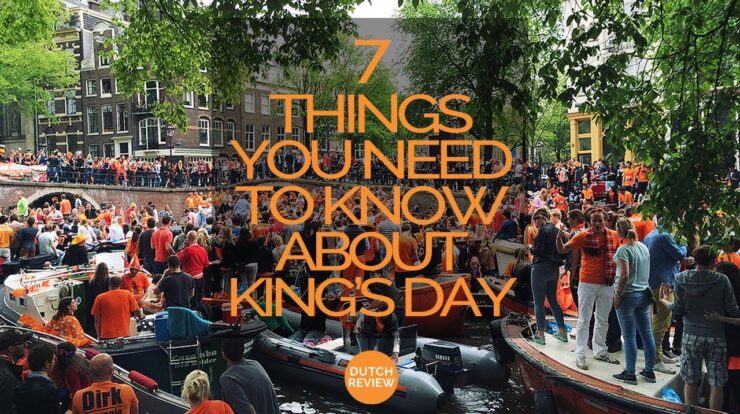
What is Kings Day? It is a celebration steeped in history, tradition, and cultural significance. Originating as a religious festival, it has evolved into a vibrant and joyous occasion that transcends religious boundaries, bringing communities together in a spirit of hope and renewal.
This day, observed in various countries, is a testament to the enduring power of tradition and the universal human desire for a brighter future.
History and Origins

Kings Day, celebrated on January 6th, has its roots in the Christian tradition of Epiphany, which commemorates the visit of the Three Wise Men to the infant Jesus. Over time, the holiday evolved to include secular elements and became a widely celebrated festival in many countries.
Cultural and Religious Influences
The celebration of Kings Day has been influenced by various cultures and religions. In some regions, it is associated with the pagan tradition of the winter solstice, symbolizing the return of light after the darkest days of the year.
Traditions and Customs
Kings Day is marked by a range of traditional practices and customs. The Three Wise Men, also known as the Magi, play a central role in the celebration. They are depicted as wise men from the East who brought gifts of gold, frankincense, and myrrh to the infant Jesus.
- Gift Exchange:On Kings Day, children receive gifts from the Three Wise Men, who are believed to visit homes on the night before the holiday.
- Traditional Foods:Special foods are prepared and consumed on Kings Day, such as the “Rosca de Reyes,” a ring-shaped bread with a hidden figurine of the infant Jesus.
Regional Variations
Kings Day celebrations vary across different countries and cultures. In Spain, for example, the holiday is known as “Día de los Reyes Magos” and is a major cultural event. In Mexico, it is called “Día de los Reyes” and is celebrated with elaborate parades and festivities.
- Spain:In Spain, the Three Wise Men arrive on camels and parade through the streets, distributing candy to children.
- Mexico:In Mexico, the holiday is associated with the “Rosca de Reyes,” a ring-shaped bread with a hidden figurine of the infant Jesus.
Symbolism and Significance
Kings Day carries symbolic meaning and significance in different cultures. In the Christian tradition, it represents the manifestation of Jesus as the savior and the fulfillment of the prophecy of his birth.
Beyond its religious significance, Kings Day is also seen as a symbol of hope, renewal, and the triumph of good over evil.
Economic and Social Impact
Kings Day has a significant economic and social impact. In countries where it is widely celebrated, the holiday boosts tourism and generates revenue for businesses.
The celebration also fosters social connections and promotes cultural heritage. It brings people together to share traditions, enjoy festive activities, and exchange gifts.
Kings Day in Modern Times, What is kings day
Kings Day has evolved over time to reflect changing social and cultural norms. The use of technology and social media has transformed the way people celebrate the holiday.
Despite these changes, Kings Day remains a significant cultural event in many countries, symbolizing hope, renewal, and the triumph of good over evil.
Final Summary: What Is Kings Day

Kings Day, with its rich symbolism and diverse regional variations, continues to captivate hearts and minds, reminding us of the enduring power of hope, the triumph of good over evil, and the importance of cherishing our cultural heritage.
Key Questions Answered
When is Kings Day celebrated?
Kings Day is typically celebrated on January 6th in many countries, including Spain, Mexico, and other parts of Latin America.
What is the significance of the Three Wise Men?
The Three Wise Men, or Magi, are central figures in the Kings Day tradition, representing the wise and generous visitors who brought gifts to the infant Jesus.
What are some common traditions associated with Kings Day?
Kings Day is celebrated with a variety of traditions, including gift-giving, parades, and the consumption of special foods such as the Rosca de Reyes (Kings Cake).